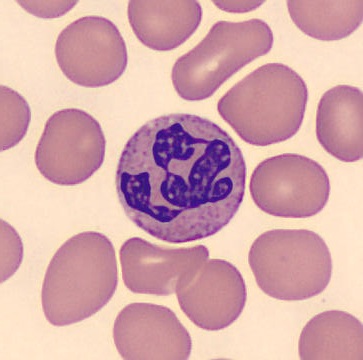Are medical diagnosis Web APIs useful for development Medical
 Published: 30 Jun 2024
Published: 30 Jun 2024
Benefits of Medical Diagnosis Web APIs for Healthcare Applications
1. Expertise Enhancement:
Medical diagnosis APIs harness the extensive knowledge and algorithms of healthcare professionals, providing access to diagnostic capabilities beyond the scope of individual developers' expertise.
2. Efficiency and Accuracy:
APIs automate the diagnostic process, minimizing human error and enhancing the precision of initial assessments. This is particularly advantageous in triage systems, telemedicine platforms, and decision support tools.
3. Seamless Integration:
Standardized web protocols (e.g., RESTful APIs) enable easy integration of medical diagnosis APIs into applications. Developers can incorporate diagnostic functionalities without the need for extensive infrastructure development.
4. Scalability:
APIs are inherently scalable, enabling them to handle high volumes of user requests simultaneously. This is essential for applications serving a large audience or requiring real-time processing.
5. Cost Optimization:
Leveraging medical diagnosis APIs reduces development efforts and ongoing maintenance costs compared to building and maintaining an in-house diagnostic system.
6. Up-to-Date Knowledge:
API providers regularly update their algorithms and databases with the latest medical research findings, ensuring diagnostic results reflect current medical practices.
7. Customization and Flexibility:
Many medical diagnosis APIs offer customization options, allowing developers to tailor diagnostic criteria and outputs to specific application requirements.
8. Regulatory Compliance:
Reputable medical diagnosis APIs adhere to healthcare data privacy regulations, ensuring the secure handling of patient information in accordance with legal standards.
 Published: 30 Jun 2024
Published: 30 Jun 2024